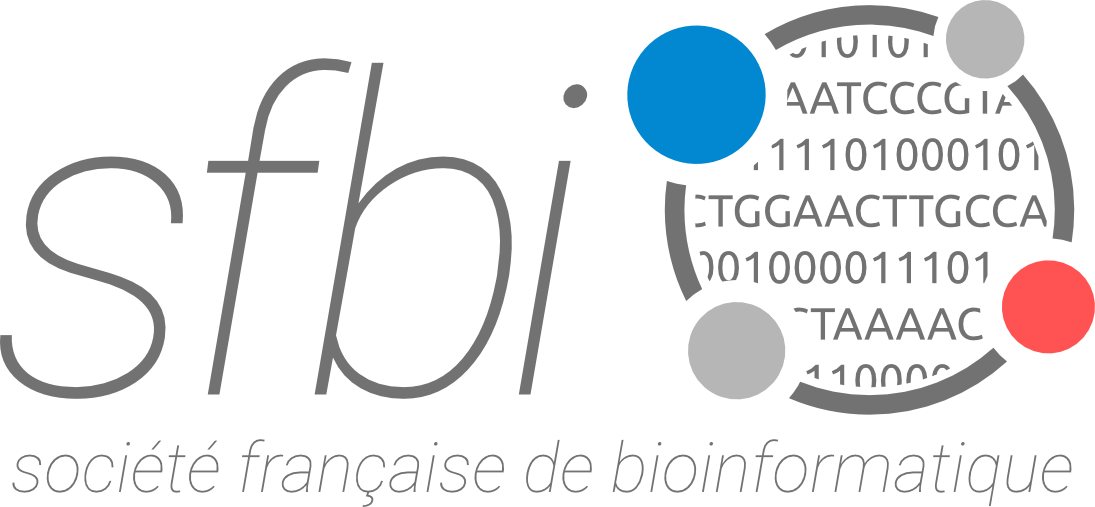Post-doctoral position in functional analysis of microbiomes associated with marine organisms
CDD · Postdoc · 24 mois Bac+8 / Doctorat, Grandes Écoles Ifremer · Nantes (France)
Mots-Clés
microbiome metabolic network bacteria metabarcoding oyster microalgae marine organisms
Description
The holobiont approach aims to assess the health of host organisms in the context of their associated microbiomes. Studies have demonstrated a clear association between shifts in the composition of microbiomes in response to changes in the surrounding environment and disturbances in host physiology or fitness. Interactions within microbiomes are important for their hosts. However, those are still rarely investigated and remain poorly understood, particularly regarding the mechanisms leading to adverse outcomes for hosts organisms.
In this context, the Ifremer Blue Chair in "Contaminants, Sea and Health" investigates how marine invertebrates (bivalve molluscs) and toxic microalgae are affected by the chemical exposome and the consequences for ecosystem functions and human health (“one health” concept), with a particular focus on the microbiome associated with these species. This highly collaborative programme benefits from the interactions between research units at the Ifremer Atlantic centre in Nantes. The expertise of these units is in the evaluation of the quality of marine waters and the contaminants that affect them, the land-sea continuum and the cumulative impacts of human activities, and the management of aquaculture and fisheries resources.
Main missions :
In recent years, Ifremer produced different sets of metagenomic data to study microbiomes associated with microalgal communities or marine bivalves. The main objective of this postdoctoral position in to better comprehend microbiome functions and interactions between partners (within microbiome and with the host organism) in aquatic organisms.
Within the Blue Chair programme, coordinated by Anthony Bertucci (contact: anthony.bertucci@ifremer.fr), the postdoctoral fellow will use and develop innovative bioinformatic methods to complement the existing taxonomic information by a more functional approach of the microbiome and its modifications. He/She will collaborate with the Ifremer bioinformatics service (SeBiMER) in Brest (contact Cyril.noel@ifremer.fr), as well as researchers and PhD students from the CCEM (Chemical Contamination of Marine Ecosystems), PHYTOX (Physiology and Toxins of microalgae) and MASAE (Microbiology, Food, Health and Environment) units. In addition to the prediction of metabolic pathways, this project should identify metabolic and co-occurrence networks that might rule the assembly and maintenance of microbial communities based on metagenomic and metabarcoding data previously obtained by the research units of the Atlantic Centre from either microalgal communities, marine bivalves, sea-food products or synthetic microbiomes. This should help to identify factors and/or underlying mechanisms that could explain microbial assemblies and community changes and the occurrence of adverse outcomes in response to environmental parameters such as temperature, pCO2 or chemical pollution. Microbial metabolic networks that will be identified could later be investigated by the development, in collaboration with research units, of other meta-omics approaches such as metatranscriptomics or metabolomics in bivalves exposed to environmental stressors, during harmful algal blooms or in the improvement of food conservation processes.
Missions will include the collection and processing of metabarcoding and WGS data, the re-examination of pre-existing data, and the development of multi-omic analyses in microalgae, bivalves or food products. All the results will be valorised in international conference, publication and outreach events.
Collaborative work environment:
Researchers, engineers, lab technicians and PhD students from CCEM, PHYTOX and MASAE units in Nantes and SEBIMER in Brest. Opportunities to participate in national and international conferences and workshops.
Profile
PhD in microbial ecology, molecular biology, bioinformatics, computational biology.
- Experience in metabarcoding, metagenomics or metatranscriptomics.
- Experience with multivariate statistical analyses will be an asset.
- Ability to work in a team, interest for collaborative projects.
- Good knowledge and hands-on experience in DNA/RNA extraction.
- Experience with Next Generation Sequencing techniques and dedicated bioinformatic tools.
- High degree of autonomy and critical thinking.
- High motivation for lab work.
- Excellent scientific writing and results presentation skills.
This call is open to highly motivated applicants of any nationality who already have a research experience (PhD or postdoctoral contracts) outside mainland France (i.e. a research experience in French overseas is eligible). Thesis accreditation must have been obtained less than three years before the starting date of the future post-doctoral contract. Candidates must not have been previously employed as doctoral or post-doctoral researcher in an Ifremer research unit nor in a joint research unit involving Ifremer. (These joint research units are the following: MARBEC, LEMAR, LOPS, AMURE, BEEP, LEEISA, IHPE, ENTROPIE, EIO, GEO-OCEAN, DECOD).
Candidature
Procédure : Déposer CV et lettre de motivation via le lien : https://www.talentdetection.com/ifremer/offre-57306-BYMKCL
Date limite : 28 novembre 2024
Contacts
Anthony Bertucci
anNOSPAMthony.bertucci@ifremer.fr
Offre publiée le 13 novembre 2024, affichage jusqu'au 28 novembre 2024
